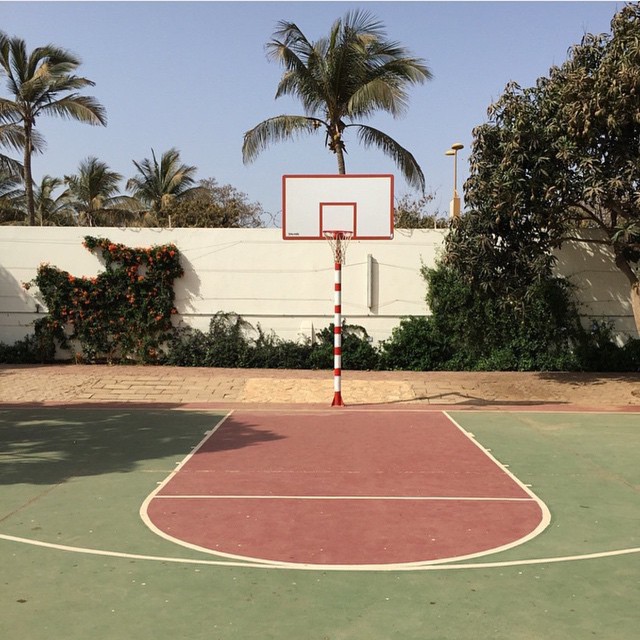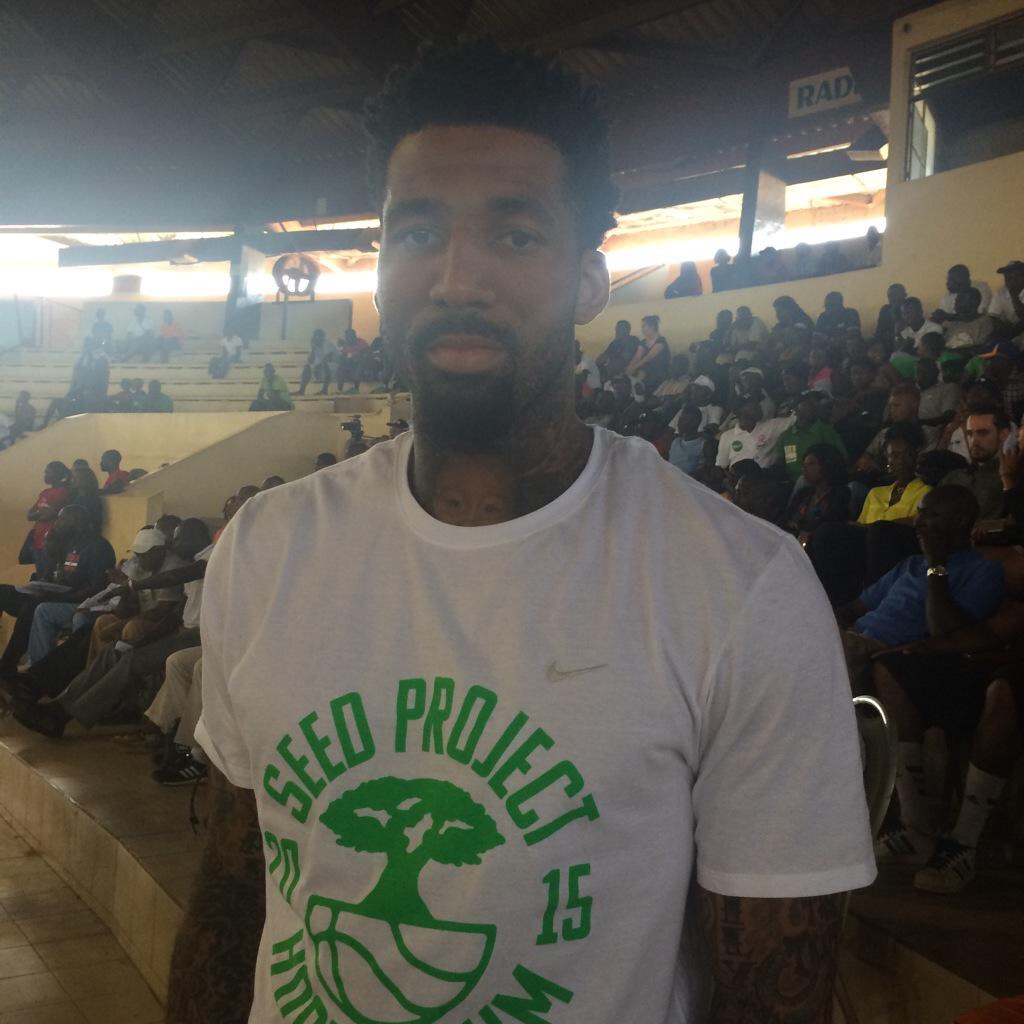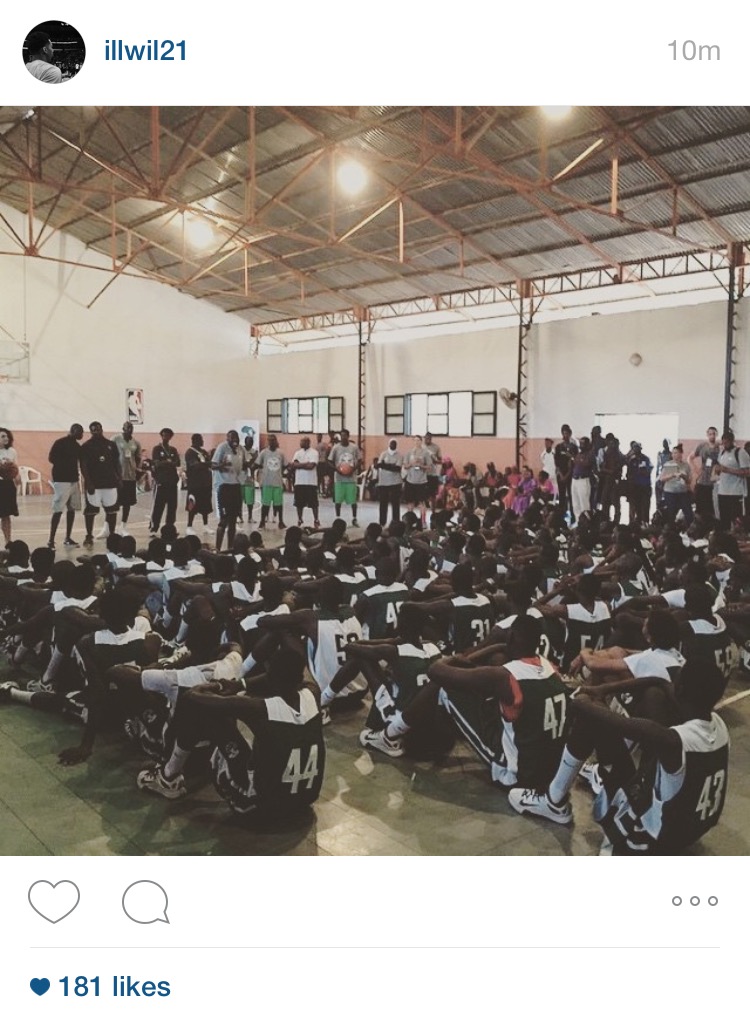© 2025 ALLCITY Network Inc.
All rights reserved.

On paper, growing up in the remote Western African country of Senegal appears bleak. With an average per-capita income of $2,400 a year, a 48 percent unemployment rate, a life expectancy of roughly 61 years and an education system that doesn’t see many children make it past middle school, life in Senegal is a day in and day out struggle to survive.
Senegal is by definition a third-world country and therefore comes with all the traditional characteristics that undeveloped, under-financed and impoverished countries do: A median age of 18.4 years, which ranks 199 out of 230 countries worldwide (42 of the bottom 50 are in Africa), an unemployment rate hovering near 50 percent and an extremely broken and under-funded hospital system resulting in a high risk of disease and infection where there are only 0.06 physicians to care for every 1,000 Senegalese civilians.
In an attempt to acknowledge the severe disadvantages and hardships suffered by thousands of teens growing up in Senegal, the SEED Project, established in 2002, aims to assist Senegal’s youth to better improve their lives and communities.

SEED, short for Sports for Education and Economic Development, is a non-profit organization that relies on the generosity of donors and supporters to fulfill their mission, to “develop responsible, thoughtful and educated leaders capable of contributing to the positive transformation of their communities, country and continent.”
The program uses basketball as a “hook” to “engage students in academic leadership and community service programs, and as a tool to increase advancement opportunities,” but the SEED project is focused around interweaving both basketball and education and having its’ students reap the benefits of both.
Every summer NBA players and personnel, teachers and community leaders descend on the capital city of Dakar to help teach, inspire and motivate SEED’s students in the classroom, on the basketball court and in life.
This past Memorial Day weekend, the Denver Nuggets’ own Wilson Chandler did his part in contributing to the betterment of Senegalese lives. Chandler took part in the SEED Project’s 13th annual Hoop Forum, an event in Senegal that brings together top non-profits, corporations and individuals that are using sport as a tool for development across Africa.
While only there for a weekend, the Nuggets swingman had a lasting impact on the Project.

From Executive Director, Noah Levine:
“Our students were incredibly excited to meet Wilson and picked his brain about life in the NBA and the type of hard-work he has put in to get to where he is today,” Levine said. “On his final day before he departed, the SEED Academy Boys and Girls captains and our SEED Alumni presented him with several departing gifts and expressed their gratitude for his visit. It was quite touching.”
Chandler used this past weekend to make connections with SEED students and bond over what they shared most in common: the game of basketball.
“The last day at the All-Star Game he was the coach for one team, and he was so involved,” said Syra Salla, an international Basketball writer who covered SEED this past weekend. “He spoke with the kids, was screaming to encourage them, he was really into the event and the kids and staff appreciate it a lot.”
Although they grow up on different continents, NBA players and SEED students often share a unique bond about life amidst less-than optimal circumstances.
“We have found that many NBA players really identify with our students and programs because they share similar stories of overcoming adversity and working extremely hard to achieve their goals,” said Levine.
The relationship between player and student is a bond that can inspire the youth and give them confidence that if they put in the work, despite where they grow up, they can still get an education and be successful both in Senegal and abroad.
The results SEED has experienced over its 14-year run speak for themselves. Last year alone SEED served a record 500 students, while eight college seniors earned their diploma and 13 high school seniors are now on track to graduate and move on to college. This year has expanded nearly 300 percent and has a new record enrollment of 2,000 students.
SEED, which is growing rapidly as word spreads of its successes, has recently partnered with the Carmelo Anthony Foundation and currently has 32 alumni playing college basketball in the United States and dozens more across Africa, Europe and Asia.
While basketball is used to engage students, education is still the most crucial piece to the puzzle.
“Education is the pathway to success,” Levine claims.

Since the program’s inception in 2002, 75 percent of SEED graduates have enrolled in college, 78 percent of SEED Academy seniors have passed the high school exit exam while $5.8 million in college scholarships have been earned by Academy graduates.
The program currently serves 2,000 students from kindergarten through college, both in Senegal and the United States with academic, basketball and leadership development programs.
The project also has 34 students currently enrolled in high school and college in the United States and hundreds of alumni going to school or employed in 16 different countries across the world.
Among the endless opportunities SEED offers its students while they still live in Senegal, the ability they have to go abroad, seek out new opportunities and broaden their horizons may be the project’s greatest accomplishment.
“Basketball helped me to have an education, see new things, travel, make a little bit of money,” said Senegalese native Ndongo Ndiaye, who played professionally in France and at one point signed a training camp contract with the San Antonio Spurs. “And the best thing I can do with that is come back here and help.”
Ndiaye now helps out at the Academy as often as possible, coaching others to achieve the same dreams he realized.
“The potential in this country is unbelievable as far as basketball,” Ndiaye said. “But most kids here are never given a chance.”
With increased notoriety and recognition, SEED has no plans to slow down. 60 percent of Senegal’s U-18 and U-16 boys and girls national teams come from the Academy and three members of the Senegal national team are program alumni, including former first-round NBA Draft pick and current Minnesota Timberwolves center Gorgui Dieng.
Boris Diaw, who’s dad is Senegalese, is the main partner for the SEED academy girls program, while Indiana Pacers guard C.J. Watson and former WNBA champion and “Senegal legend” Astou Ndiaye is on the Advisory Committee.
“It is certainly a goal to get more NBA players involved,” said Levine. “Their involvement is a great way to spread awareness because NBA players have an amazing platform to speak from.”
For more information on the SEED Project visit www.seedproject.org or email them at info@seedproject.org.
*Demographic and geographic statistics courtesy of the CIA World Factbook
Comments
Share your thoughts
Join the conversation



